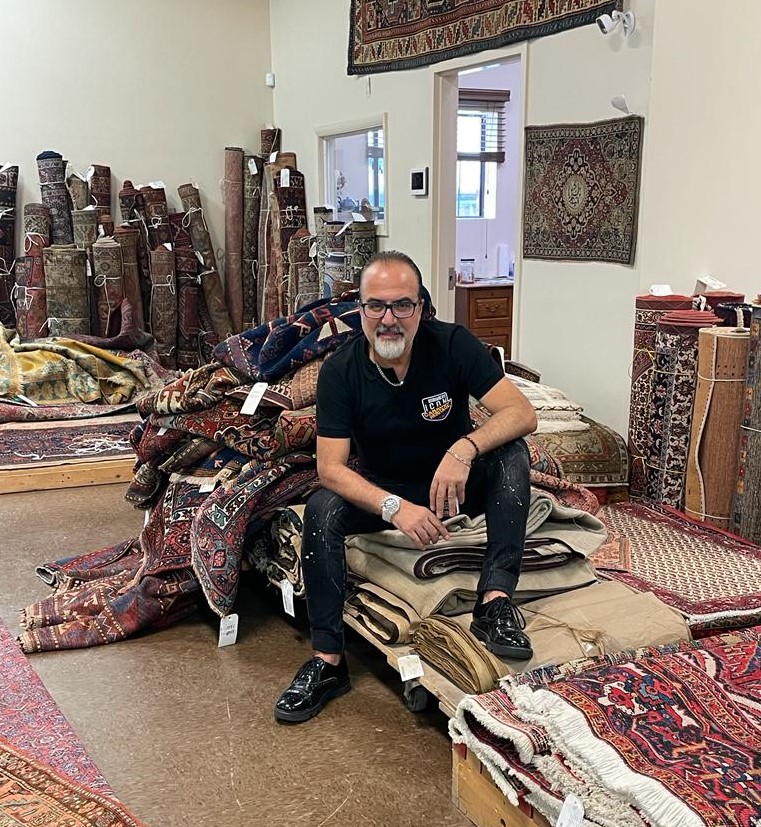EVENTS AT THE FESTIVAL
 A DAY IN TURKIYE:
A DAY IN TURKIYE:
TASTE, DANCE, DISCOVER 
WASHINGTON DC TURKISH FESTIVAL
Sunday, October 19, 2025 11am-6:30pm
3rd and 6th Street on Pennsylvannia Ave NW
Turkish Festival 2025 will be featuring lots of cultural events and activities.
Check them out here before coming to the festival. You may also download our brochure to your mobile phone.
TURKISH COFFEE AND TEA EXPERIENCE
Enjoy Turkish Coffee and Have your fortune-telling
At our Turkish Coffee Tent, you can enjoy a cup of Turkish coffee in different flavors and have your coffee fortune told.
Turkish coffee reading, also known as Tasseography or Tasseomancy, is a traditional method of fortune-telling or divination that is popular in Turkiye as well as many Middle Eastern and Balkan cultures. This practice involves the interpretation of patterns, symbols, and shapes formed by the coffee grounds left at the bottom of a cup after drinking Turkish coffee.
While Turkish coffee reading may not have a scientific basis, it remains a cherished and culturally significant practice in Turkiye, adding a sense of mystique and fun to gatherings and special occasions.

Turkish Tea Tent Welcomes Tea Lovers

Tea drinking culture in Turkiye is deeply rooted in the country’s history and plays a significant role in daily life. Turkish tea, known as “çay” (pronounced “chai”), is an integral part of Turkish hospitality and social interaction. Turkish people are known for their warm hospitality, and offering tea to guests is a common way to welcome them into their homes. When you visit someone in Turkiye, it’s customary to be offered a glass of tea, and it’s considered impolite to decline.
KIDS TENT FOR LITTLE ONES
The Turkish Festival is gearing up to make your kids’ day unforgettable as well. Bring your little ones to the Kids Tent and let the fun begin!
Here’s a sneak peek of the exciting activities awaiting them:
🐼 Mosaic Making
🦁 Coloring
🐶 Crafts
🐸 Music & Dance
😺 Face Painting

TURKISH CULINARY & GRAND BAZAAR
The Turkish Festival will offer a day of free activities including authentic Turkish cuisine, fashion, folk dances and live music. More than 40 arts and crafts vendors will showcase jewelry and hand-woven textiles at the Turkish “Grand Bazaar”.
Selected as the “Best Festival” and “Best Cultural Festival” by Washington City Paper readers in the past 12 years, this premier event draws tens of thousands of Washingtonians to the streets to experience Turkiye’s rich cultural history, its culinary delights, and a variety of live Turkish music and folk dance performances.
The festival goers will also enjoy delicious Turkish food and drinks, while browsing the Grand Bazaar to hunt for jewelry and fashion deals.
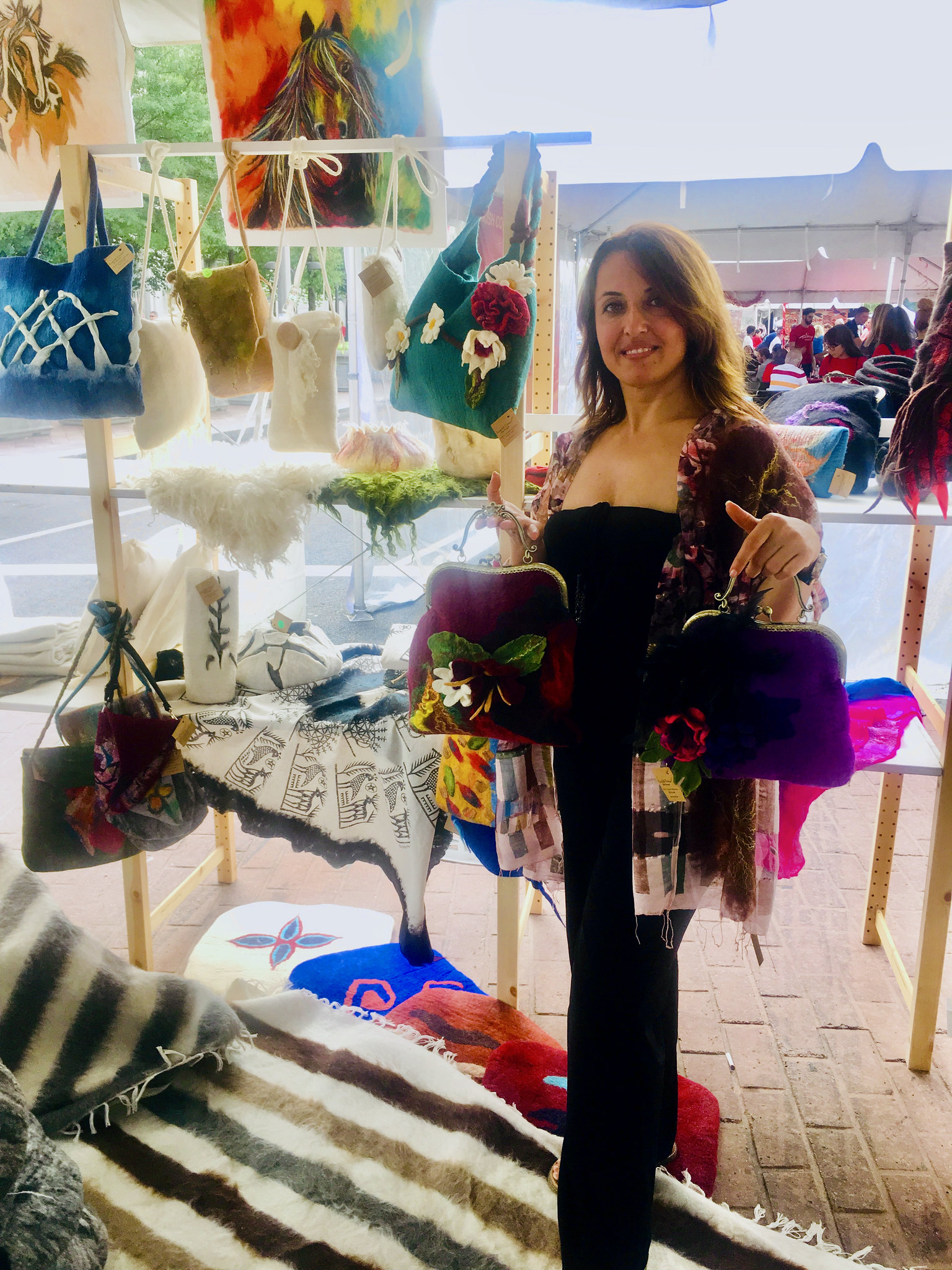
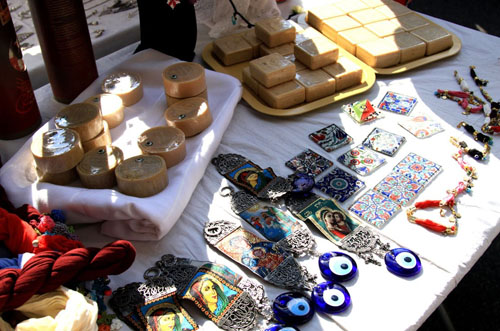
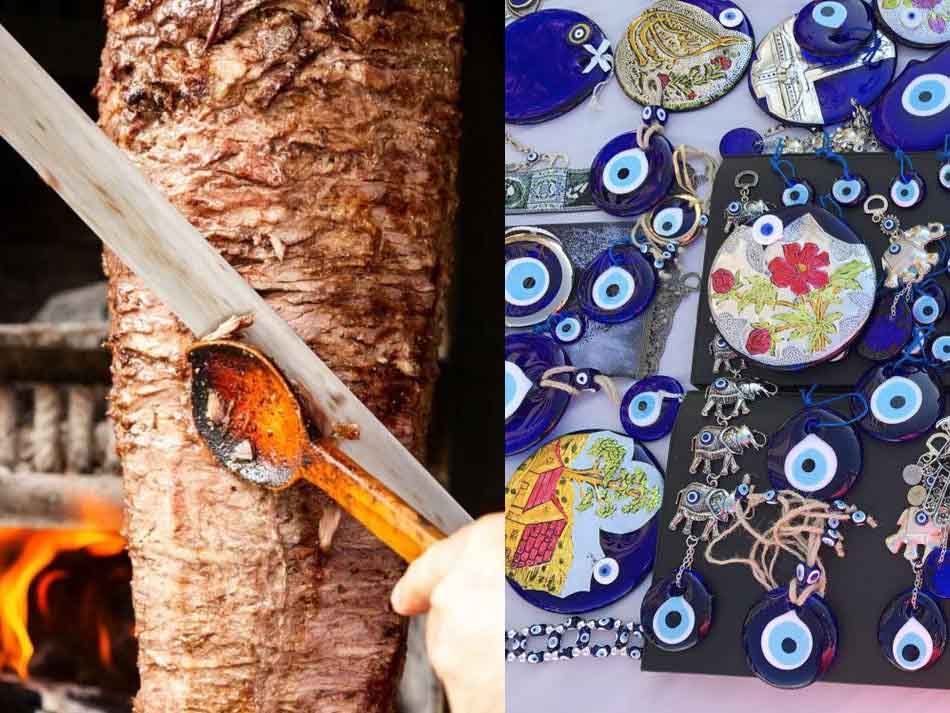
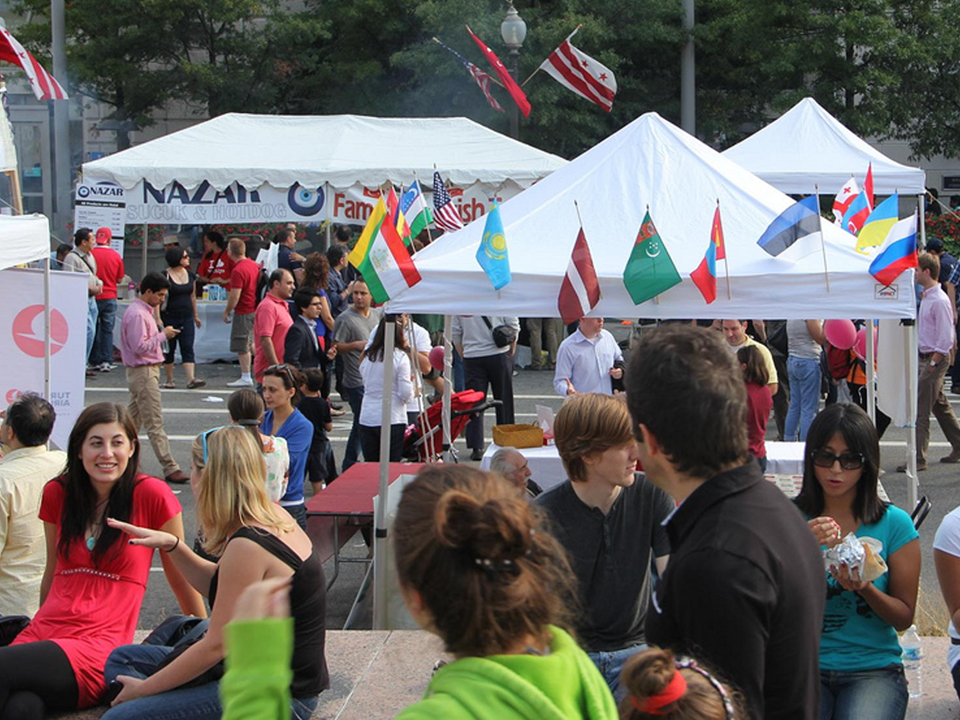
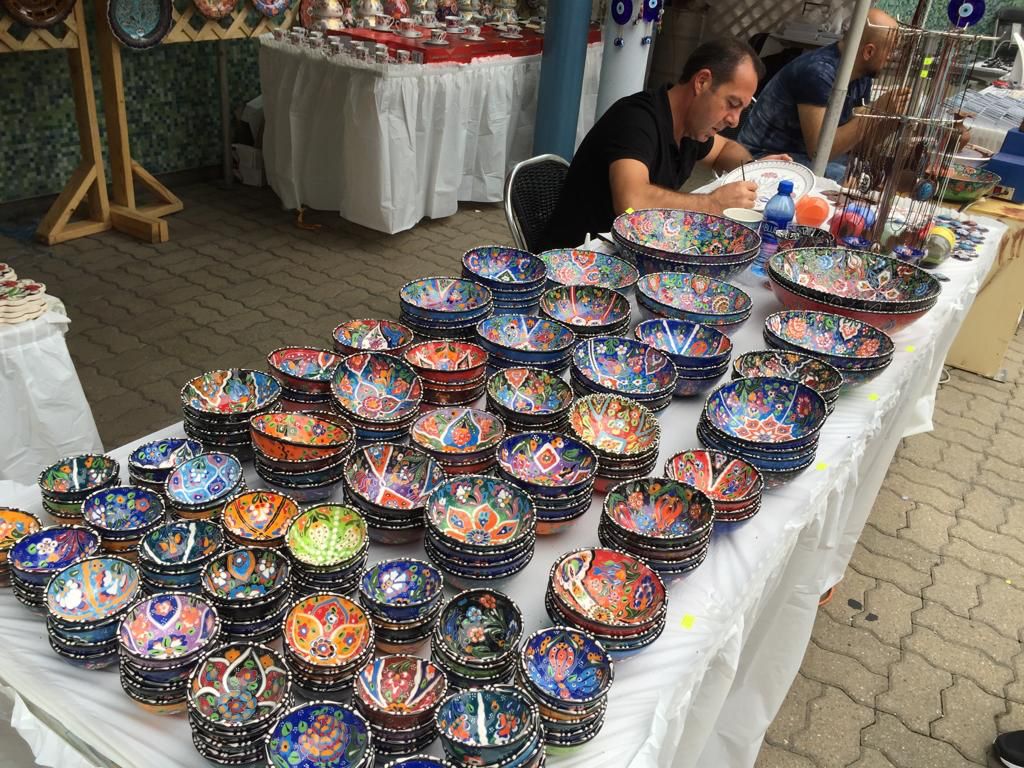
UNFORGETTABLE EXHIBITIONS
Art of Copper: 10-Thousand Years in Anatolia
The Turkish Festival brings one of the oldest craftsmanship in the history of art to Washington, DC area: The Civilization of Copper.
It is commonly known that the discovery and use of copper for making certain tools and weapons date back to 10 thousand years in Anatolia. The process of smoothening the metal by heating and making it available for processing – also known as “tavlama” – was first realized in Turkiye, Anatolia.
With the Great Seljuk Empire, there has been a significant progress in the Islamic metal arts and cutting edge cup making and processing techniques were applied, as it Is the case for all the art branches of Seljuk Empire.
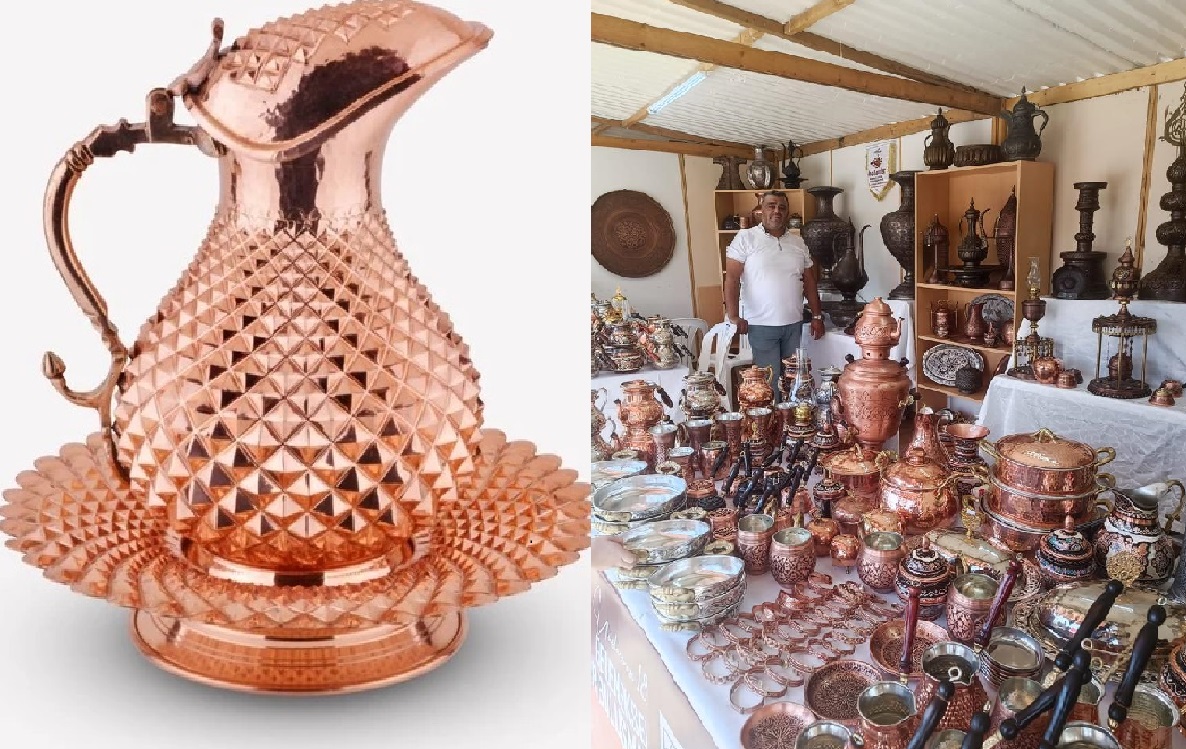
Right after the foundation of the Ottoman Empire, the copper mines in both Anatolia and the Balkans were intensively operated, as a result of which the mining activities climaxed during the Ottoman Empire era. As copper was used for the war Industry, royal mint and for the purpose of meeting the requirements In the social life In the Ottoman Empire, the mineral deposit were continuously operated until the middle of the 19th century. Copper products which were commonly used during the Ottoman Empire period are the results of an extraordinary workmanship.
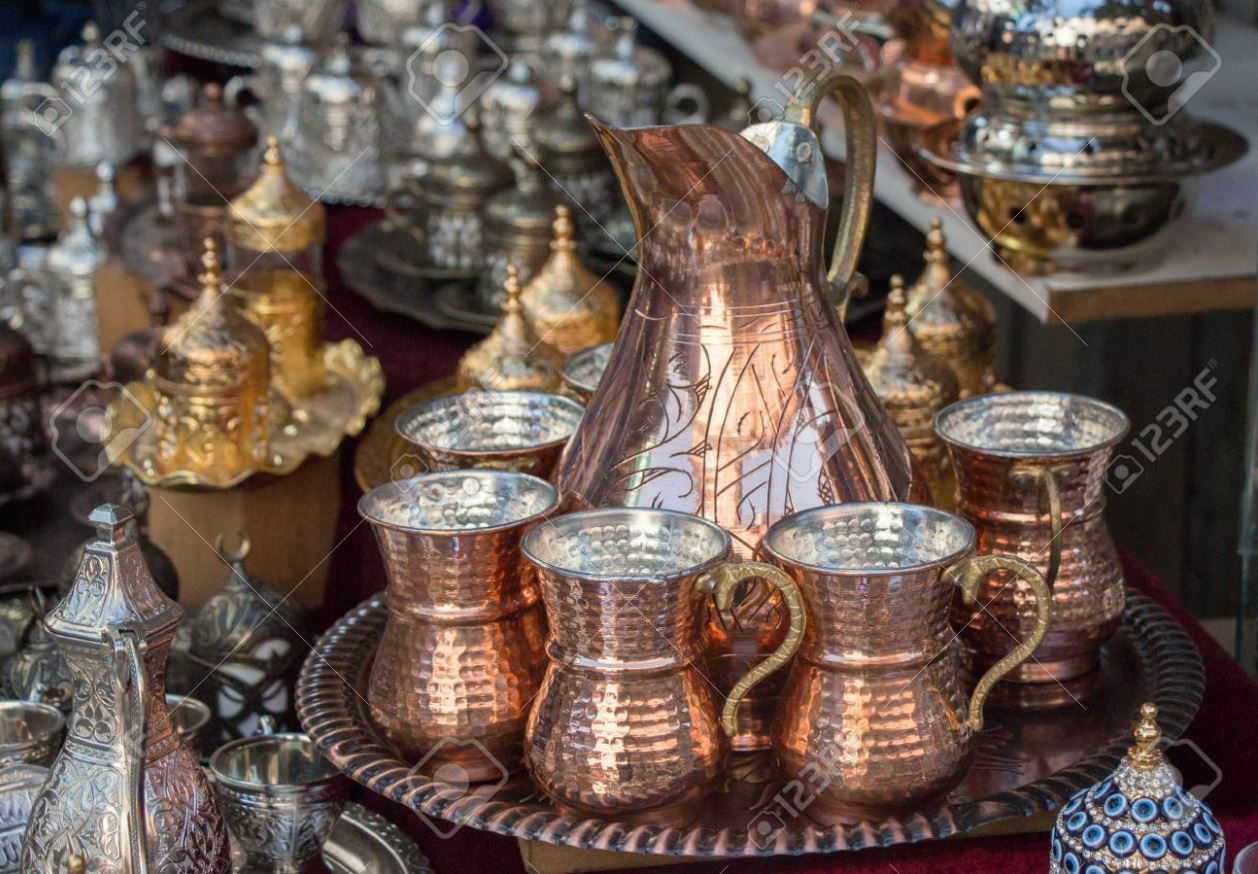
Tin is a metal used for casting the metal objects In order to prevent corrosion. Due to the oxidation and poisonous effect of the metal cups used without being tinned, tinning was commonly performed In the period when copper was used as kitchen equipment.
The common characteristic of the copper products produced In the Ottoman era which stand out with the variety of cup types, rich shapes, unique ornaments and the diversity of the materials used and the techniques implemented is the versatility shaped by the different cultures living In a large geographic region.
Sabiha Özgür: Bridging Cultures Through Ebru Art
Ebru, known as Turkish paper marbling, is an ancient art form where colors float and dance on water before being transferred onto paper or fabric. Believed to have originated in Central Asia and later perfected in Ottoman Istanbul, Ebru became a symbol of harmony, patience, and creativity in Turkish culture. Recognized by UNESCO in 2014 as an Intangible Cultural Heritage, it continues to represent Türkiye’s deep artistic heritage and spiritual connection to nature and flow.
Sabiha Özgür is a Turkish-born Ebru artist, psychologist, and researcher who bridges tradition and modern expression through marbling. Her Ebru journey began in Istanbul during her master’s studies at Boğaziçi University and deepened under renowned artists Ayla Makas and Hikmet Barutçugil.
Now based in Washington, D.C., Sabiha shares her passion for Ebru through workshops and exhibitions, introducing audiences to the art’s meditative and transformative qualities. Blending traditional Ottoman techniques with contemporary aesthetics, her works celebrate water’s fluidity and invite viewers to find balance, beauty, and reflection within its colorful depths.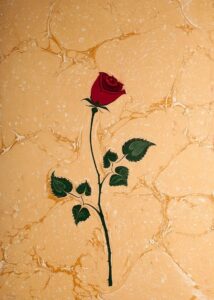
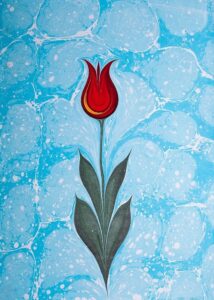
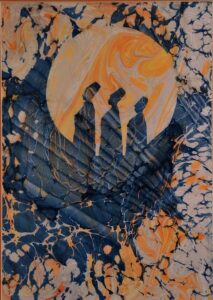
Turkish Carpet Exhibit by Haldun Tarhan
Turkish carpets, renowned for their intricate designs and rich colors, will be featured at the upcoming Turkish Festival on Sunday, October 20. This vibrant event celebrates Turkiye’s cultural heritage, showcasing the best of Turkish world carpets,specifically hand-picked and selected by expert Haldun Tarhan. Attendees will have the opportunity to explore and purchase stunning handwoven pieces that reflect the diverse artistry of Turkiye. Each carpet, crafted from high-quality wool, silk, or cotton, showcases unique geometric patterns and floral motifs. The festival not only highlights the skill of artisans but also allows visitors to take home a piece of Turkish heritage while enjoying the lively atmosphere of the celebration.
